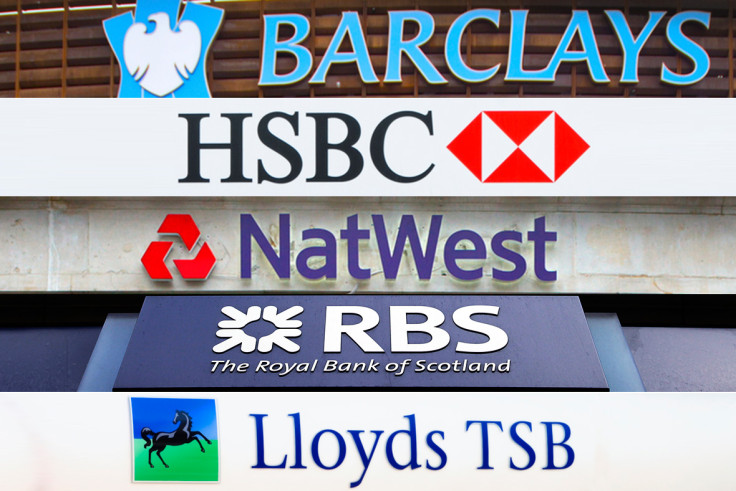PPI bill set to rise as Financial Ombudsman continues to receive thousands of complaints
UK banks have paid a combined £37bn in compensation but face further costs as complaints rise above 90,000 in first half.

The Financial Ombudsman has revealed that it is still inundated with complaints over mis-sold payment protection insurance (PPI), meaning British banks could have to increase the £37bn ($49.3bn) provisions they have made so far.
In the first six months of the year, the Financial Ombudsman received 91,381, a figure only marginally inferior to the 92,667 recorded in the previous period. The latest tally seemed to dismiss suggestions that the number of complaints would decline.
Lloyds Banking Group and its Bank of Scotland subsidiary received a combined 33,984 PPI complaints, compared with 9,371 at Barclays, 6,975 at HSBC and 2,756 at Nationwide.
"Although it's a few years now since PPI complaints peaked, we have been receiving over 3,000 a week for six years running – despite wider expectations that numbers will fall," said the chief ombudsman, Caroline Wayman.
"And we're continuing to deal with the issues and uncertainties around PPI which remain a significant challenge for everyone involved."
According to the Financial Ombudsman, PPI complaints amounted to 54% of new cases filed in the first half of the year, while the "uphold rate" – cases in which the complaint is found in favour of the customer – for all PPI cases stood at 57%.
In October last year, the Financial Conduct Authority (FCA) set a deadline for PPI complaints of spring 2018, after UK lenders urged the regulator and the government to impose a cut-off period for customer complaints.
However, last month, Britain's financial regulator announced the deadline would be brought forward by approximately 12 months to June 2019. The FCA's decision to extend the window for complaints, and the latest figures released by the Financial Ombudsman mean that, in all likelihood, the £37bn bill UK lenders have to had foot so far will increase over then next three years.
Analysts have already suggested that Lloyds, which has already paid £16bn in compensation, the most of any other UK bank, could have to fork out an extra £1bn.
© Copyright IBTimes 2025. All rights reserved.





















